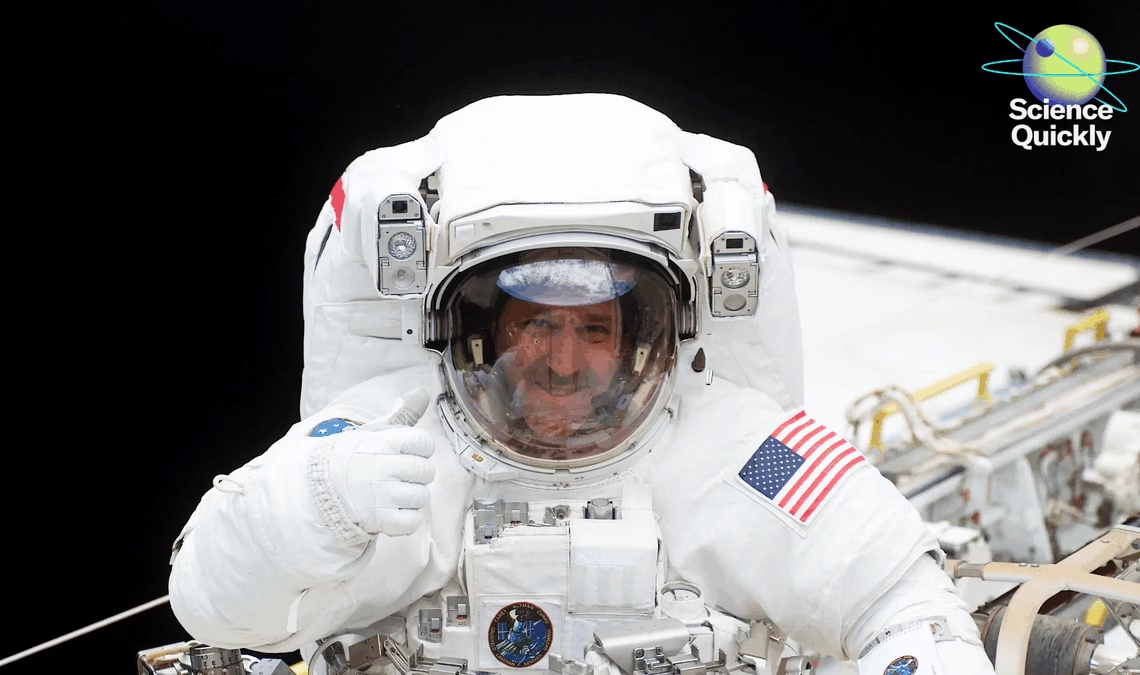Rachel Feltman: For Scientific American’s Science Quickly, I’m Rachel Feltman.
The White House recently proposed slashing NASA’s science budget nearly in half and reducing the space agency’s overall funding to just three quarters of what it received last year. When adjusted for inflation the proposed fiscal year 2026 budget would be NASA’s lowest since the beginnings of the Apollo program. But these days NASA is responsible for much more than keeping up with the space race. NASA’s work touches our daily lives in ways most people never realize, from the weather forecasts that help you decide what to wear to the climate data that helps farmers know when to plant their crops.
The stakes are so high that every living former NASA science chief—spanning from Ronald Reagan’s administration through Joe Biden’s—recently signed a letter warning that these cuts could be catastrophic for American leadership in space and science.
On supporting science journalism
If you’re enjoying this article, consider supporting our award-winning journalism by subscribing. By purchasing a subscription you are helping to ensure the future of impactful stories about the discoveries and ideas shaping our world today.
Today we’re joined by Lee Billings, a senior editor at Scientific American who covers space and physics. He spoke with one of those former NASA science chiefs about why this moment feels different—and why the scientific community is sounding the alarm.
Lee, thanks so much for coming on to chat.
Lee Billings: It is my pleasure, as always, Rachel. I am happy to be here, even though I wish the circumstances were a bit happier.
Feltman: Right, things aren’t looking great for NASA. What exactly is going on with the agency’s funding?
Billings: Oof, well, to sum it up: the White House has proposed that NASA’s science budget be effectively cut in half, that the agency as a whole receives about only three quarters of the funding that it received in the previous fiscal year. And there’s been a lot of pushback about that, of course, because if you cut NASA’s science budget in half, for instance, then you’re probably gonna have to shutter, cancel, decommission dozens of active missions across the solar system and in Earth orbit, and you’re going to really hamstring a lot of good science, a lot of things that feed forward into other aspects of national economies and competitiveness.
So the Senate and the House appropriators have been upset about this to…
Click Here to Read the Full Original Article at Scientific American Content: Global…

